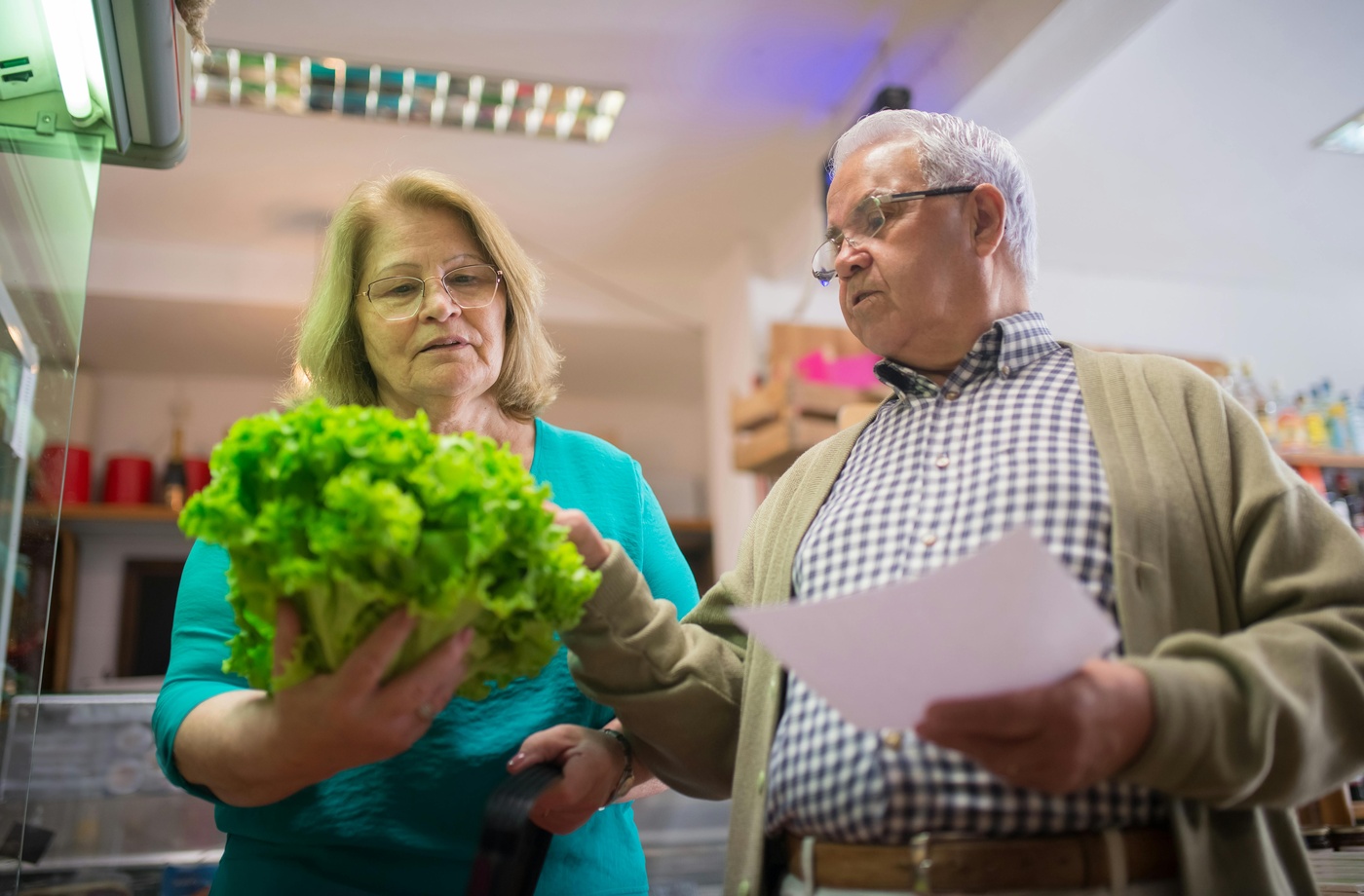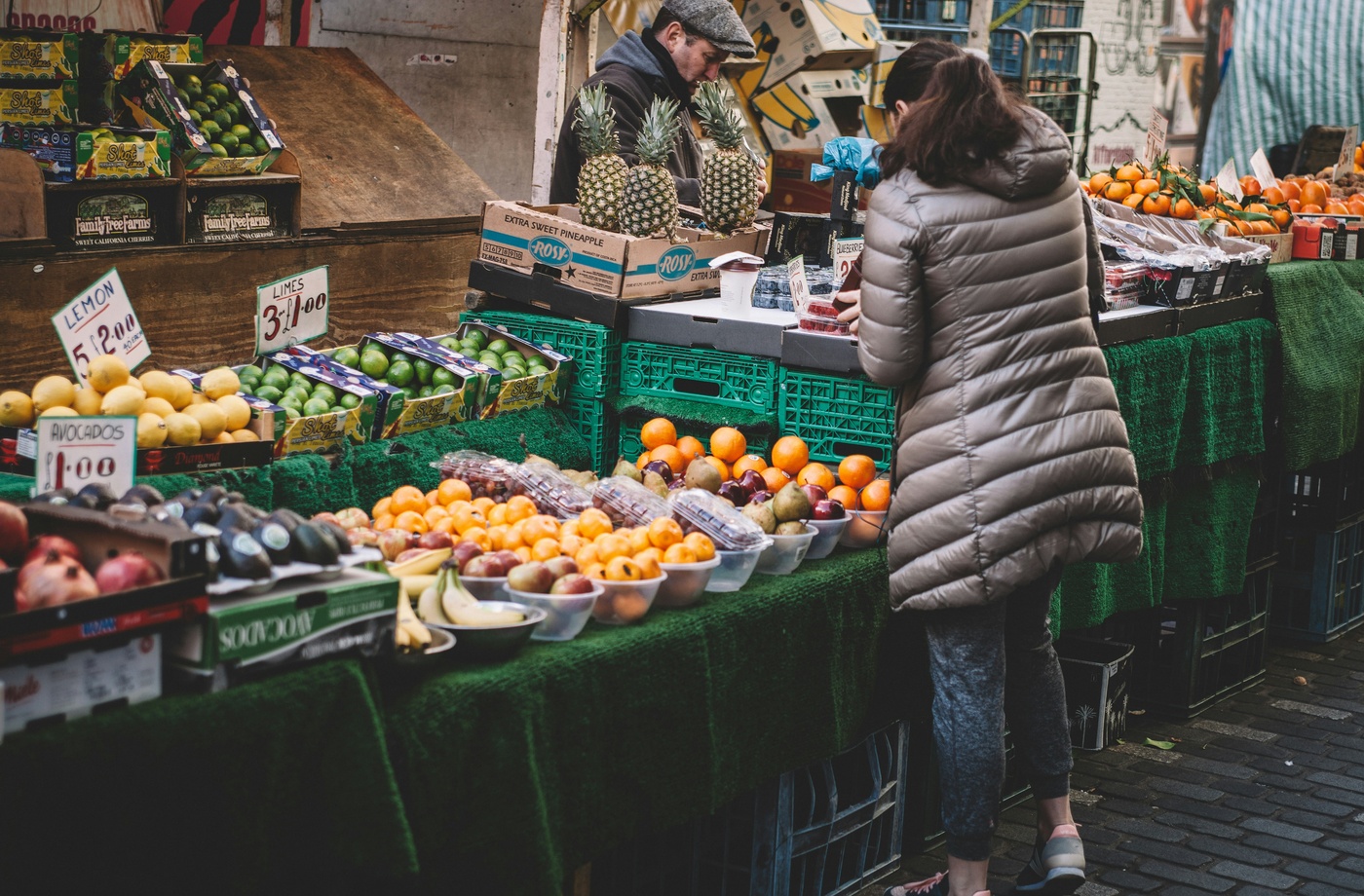Organic groceries continue to gain popularity among health-conscious shoppers, but the higher price tags often leave consumers wondering: is buying organic really worth it? To answer this question, it is important to weigh the benefits, drawbacks, and when it truly makes a difference.
The Pros of Buying Organic
- Fewer Pesticides: Organic farming restricts the use of synthetic pesticides and fertilizers. According to the Environmental Working Group, organic produce typically has fewer pesticide residues than conventionally grown fruits and vegetables.
- Environmental Benefits: Organic farming practices promote soil health, water conservation, and biodiversity, making them more sustainable over the long term. Learn more from the Organic Trade Association.
- Animal Welfare: Organic meat, dairy, and eggs generally come from animals raised without synthetic hormones or antibiotics, often with better living conditions than conventionally raised livestock.
- GMO-Free: USDA-certified organic foods are produced without genetically modified organisms (GMOs), appealing to consumers seeking non-GMO options.
The Cons of Buying Organic
- Higher Prices: Organic products often cost 10% to 50% more than conventional versions, according to studies from the Consumer Reports Guide on Organic Food.
- Limited Availability: Depending on your location, organic options can be more limited, especially for specialty items.
- Shorter Shelf Life: Without the use of preservatives, organic produce may spoil faster than conventionally grown alternatives.
When It Makes Sense to Buy Organic
Not every item in your cart needs to be organic. A practical approach is to prioritize organic purchases for foods that typically carry higher pesticide loads. The Dirty Dozen list by the Environmental Working Group highlights produce like strawberries, spinach, and apples where buying organic matters most. Meanwhile, items on the Clean Fifteen list, like avocados and onions, are generally safe to buy conventional.
Tips to Save on Organic Groceries
If you want to buy organic without overspending, there are ways to shop smarter:
- Shop Store Brands: Many major retailers like Kroger offer affordable organic private label options.
- Buy in Season: Seasonal organic produce tends to be cheaper and fresher.
- Use Cashback Apps: Apps like Fluz, Rakuten, and Ibotta help offset the higher costs by offering cashback rewards when shopping at stores like Safeway, Kroger, and Albertsons.
- Shop Bulk Retailers: Stores like BJ’s Wholesale Club and Sam’s Club carry many organic options at discounted bulk prices.
Final Thoughts: Is Organic Worth It?
The decision to buy organic comes down to personal priorities and budget. If minimizing pesticide exposure, supporting environmental sustainability, and avoiding GMOs are important to you, the extra cost can be worthwhile—especially when you shop strategically and use cashback apps like Fluz to ease the financial impact.



